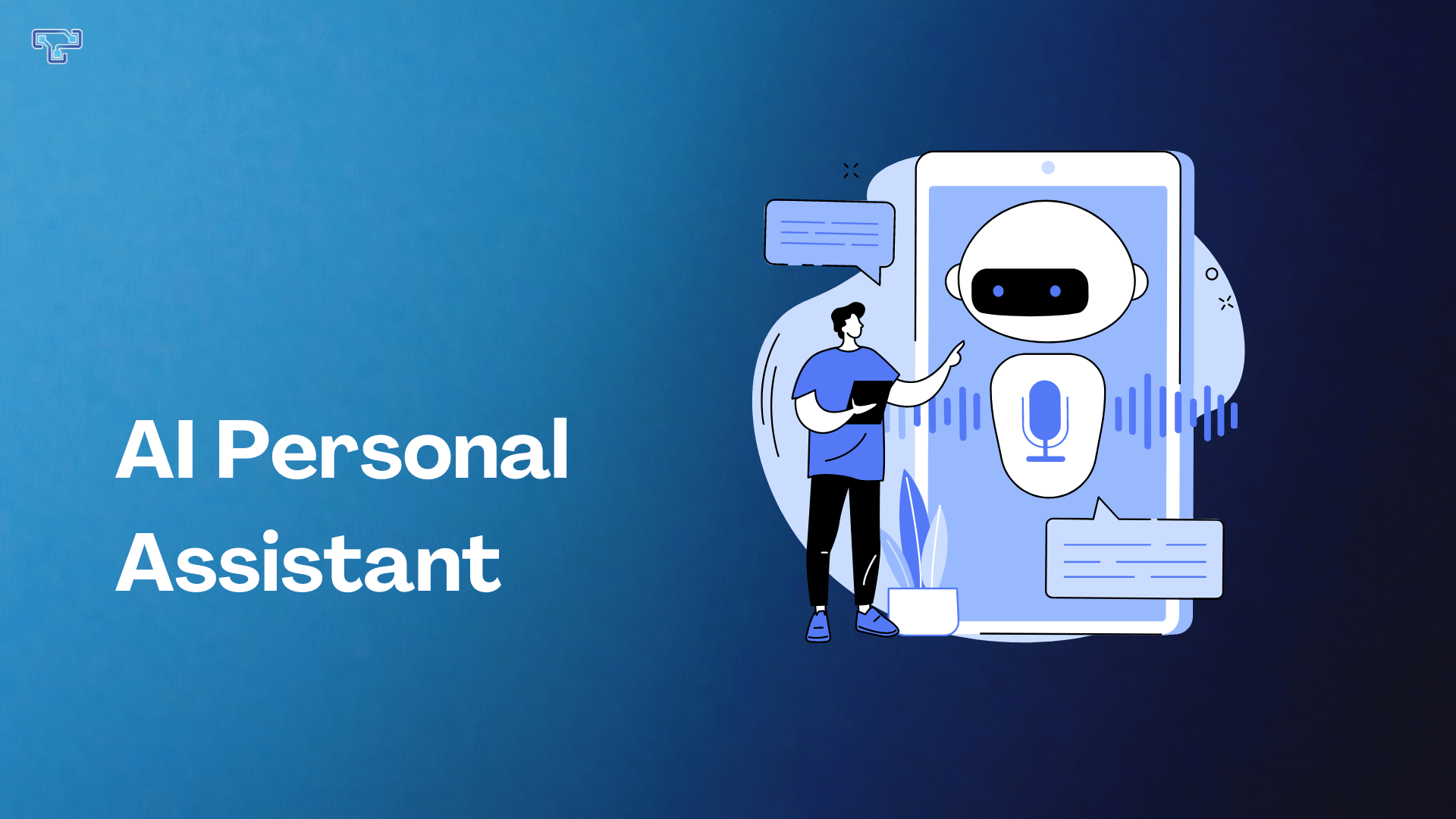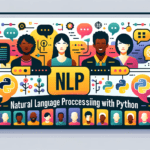Few developments in technology have captured the imagination and potential for revolution, quite like artificial intelligence (AI) personal assistants. These digital companions, powered by advanced AI algorithms, are reshaping how we interact with our devices, accomplish tasks, and navigate the digital world.
From Google’s groundbreaking demonstrations at their Mountain View headquarters to the latest advancements by OpenAI, the race to create the ultimate AI personal assistant is heating up. This competition is not just about technological superiority, but also about market dominance and shaping the future of AI. Let’s delve into this exciting frontier, exploring the innovations, challenges, and implications of AI personal assistants.
The Emergence of AI-Powered Personal Assistants
At the forefront of this technological revolution are companies like Google, OpenAI, Apple, and Meta, each vying to create the next generation of AI personal assistants.
These assistants go beyond traditional voice-activated commands, leveraging advanced AI algorithms to understand context, anticipate needs, and deliver personalized experiences. From generating music tracks to live translation, these assistants are pushing the boundaries of what AI can achieve.
Advancements in AI Technology
The recent unveiling of OpenAI’s GPT-4o and Google’s AI assistant Astra, which showcased their advanced capabilities and potential applications, highlights the rapid advancements in AI technology. These AI models are multimodal, meaning they can interpret voice, video, images, and code seamlessly. With capabilities like live translation, image recognition, and conversational interactions, these assistants are becoming increasingly indispensable in our daily lives.
Challenges and Opportunities
While the potential of AI personal assistants is vast, they also present challenges that must be addressed. Accuracy in content creation, scalability, and above all, ethical considerations, are just a few of the hurdles that developers and researchers face. Ensuring diversity and accessibility in AI development is crucial to democratizing this technology and ensuring that it benefits everyone, underscoring the importance of responsible AI development.
As the tech giants continue to innovate and compete in the AI personal assistant space, the future brims with promise. From boosting productivity to simplifying everyday tasks, AI personal assistants hold the potential to revolutionize the way we live, work, and interact with technology, inspiring a future of endless possibilities.
As we embrace this new era of digital assistance, it’s essential to remain mindful of the ethical implications and work towards creating AI systems that are inclusive, transparent, and beneficial for all.
In conclusion, AI personal assistants represent a significant milestone in the evolution of technology. With their advanced capabilities and potential to reshape our digital interactions, they are poised to become indispensable companions in our increasingly connected world. As we navigate the opportunities and challenges ahead, let’s harness the power of AI personal assistants to create a future that is smarter, more efficient, and more inclusive for all.
The Future of AI Personal Assistants
Looking ahead, the future of AI personal assistants holds even more promise. As technology continues to evolve, these assistants will become even smarter, more intuitive, and more seamlessly integrated into our daily lives. One of the key advancements will be in the area of ‘predictive recommendations ‘, where AI assistants will not only respond to our queries but also anticipate our needs and provide solutions before we even ask. Additionally, advancements in natural language processing and machine learning will enable more fluid and human-like interactions, making AI assistants feel increasingly lifelike and responsive.
Furthermore, AI personal assistants will play a pivotal role in driving innovation across industries. From healthcare to finance, education to entertainment, AI assistants will revolutionize how we access information, make decisions, and interact with digital services. By streamlining workflows, automating repetitive tasks, and providing personalized experiences, AI assistants will empower individuals and organizations to achieve more with less effort, igniting the excitement of technological advancement.
However, as AI personal assistants become more integrated into our lives, it’s essential to address ethical considerations and ensure that these systems are built and deployed responsibly. From data privacy to algorithmic bias, developers must prioritize transparency, accountability, and fairness to maintain trust and confidence in AI technology. By adopting ethical guidelines and best practices, we can harness the full potential of AI personal assistants while mitigating potential risks and challenges.
In summary, AI personal assistants represent a transformative force in the digital landscape, offering unparalleled convenience, efficiency, and innovation. As we embrace this new era of intelligent assistance, let’s work together to shape a future where AI enhances human capabilities, fosters creativity, and enriches lives across the globe.




